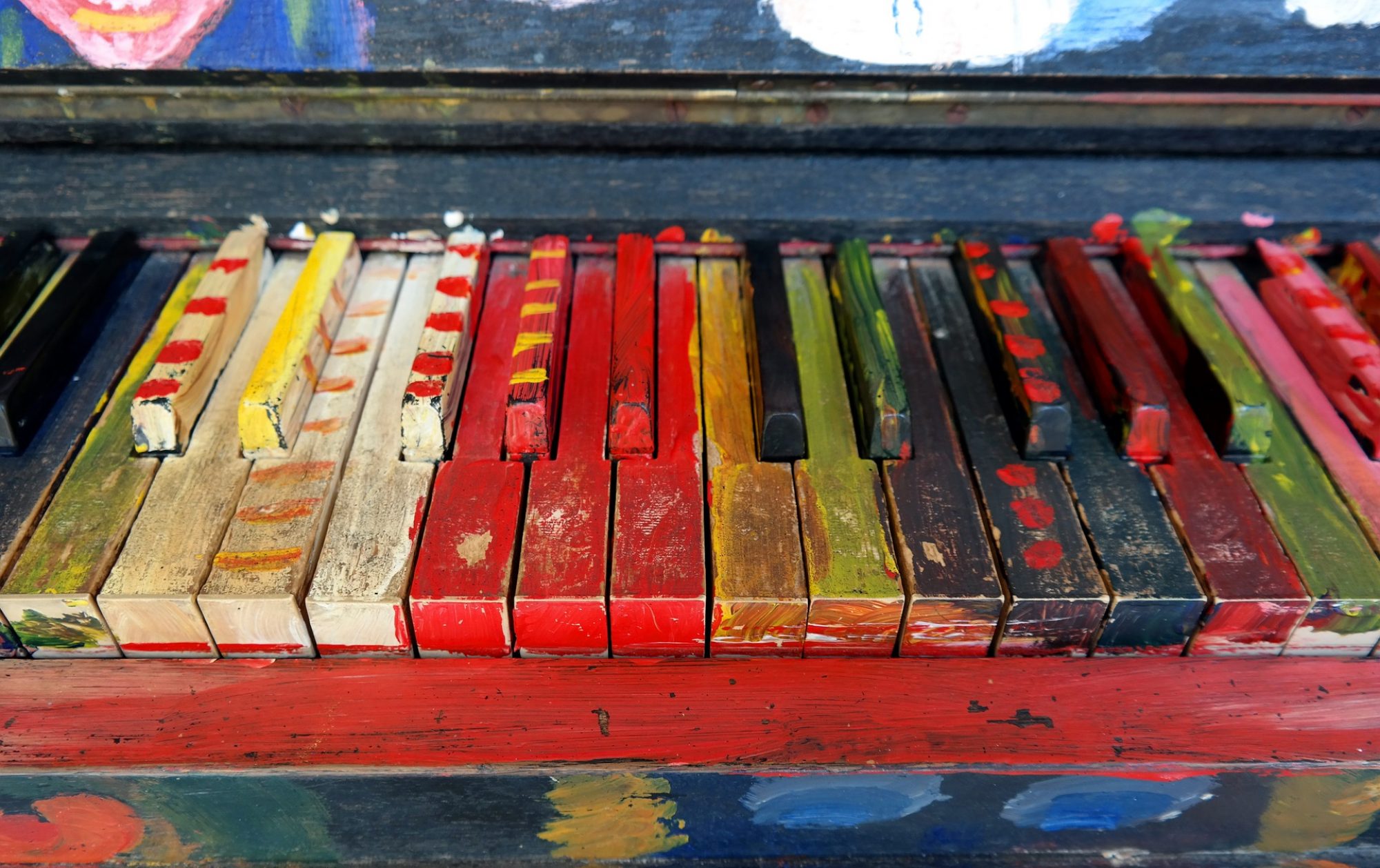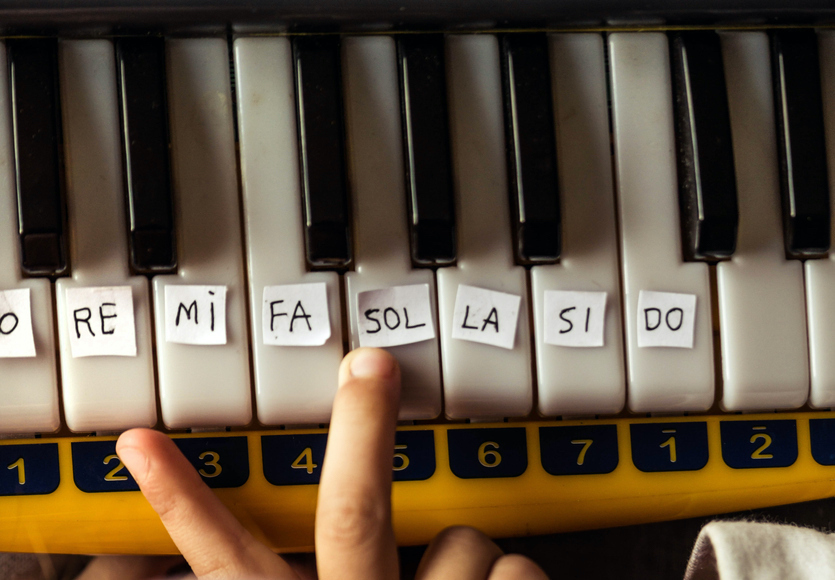As a parent, you want your child to have the best opportunities to explore their interests and develop new skills. One area that often comes up is music, and specifically, when is the best age to begin piano lessons?
While there is no consensus on an exact age, there have been several studies conducted on this question that provide useful insights.
One study, published in the Journal of Research in Music Education, found that children who began piano lessons at age 6 showed greater improvements in musical pitch and rhythm accuracy, compared to children who started at age 8. The study suggests that starting piano lessons at a younger age may lead to better musical development.
Another study, published in the Journal of Music Education, found that children who began piano lessons at age 7 or younger had better fine motor skills and cognitive abilities than those who started later. Multiple studies have also found that early exposure to music lessons can have a positive impact on academic performance – particularly mathematics, though I personally believe that exposure to the craft of music making can also develop an individual’s aesthetic sensibility and/or appreciation for the humanities.
Regardless of what these studies have found, it’s important to note that every child is unique. I began formal lessons at age 7 after my grandmother recognized that I was able to pluck out familiar tunes on her piano. She knew how to play, so she was able to understand what my teacher was asking me to do in lessons. However, looking back I recognize that I had not developed an inner drive for mastering the skills that were being asked of me. I also did not have the full buy-in from other family members, so the result was having a kid in piano lessons who wasn’t really interested in learning or putting in the work! Lucky for me (and my parents), this only lasted a few years before I began finding fun in the challenge.
While there is no definitive answer to the question of when to begin, here are seven factors to consider when assessing the readiness of an individual:
Age. Generally speaking, American children begin piano lessons between ages 6-8. This is markedly different from other countries such as China, where children are known to begin playing at age 3-4. Research shows that youngsters’ fingers are developed enough to press the keys around age 5, and they have enough attention span to stay engaged for short periods of time. However, I’m confident in the 6-8 age marker, especially if the other factors below are fulfilled.
Interest. If someone shows a strong desire to play, is constantly tinkering on the keyboard, or expresses interest in piano lessons, it may be a good time to start. It is also a good sign if a child shows a certain reaction or affinity to music they hear – does it cause them to be more focused? More curious or interested? Does it make them want to move around or learn how to describe what they’re hearing? If so, they may be a good candidate to begin learning about music in a formal setting.
Attention span and patience. Piano lessons require focus and attention, so it’s important to consider whether your child is ready to concentrate for short periods of time. If your child has trouble sitting still or focusing for more than a few minutes, it may be best to wait until they are a bit older. Even though music is a universal language that everyone enjoys, learning an instrument is very similar to learning a foreign language — patience is key!
Commitment. Learning the piano requires regular practice, commitment, and repetition. It’s important to make sure your child is willing to commit to practicing regularly and consistently. With this said, having a good instrument at home to practice on is a necessity. After all, what is the point of paying for a teacher if you don’t have a way to play/practice outside of the lesson?
Personality. Different children have different personalities and learning styles. Some may thrive in a structured environment with formal lessons, while others may need a more casual or active setting. As an introverted kid (and adult), I was always content to stay inside and be by myself at the keyboard for a few minutes each day; needless to say, the same is not true for everyone.
Buy-in from immediate family. Parents must have an understanding of the commitment it takes to master seemingly simple skills like reading musical notes on a page, or learning which fingers go where in a musical scale. It certainly helps if a parent is able to reinforce the skills that are worked on during a lesson; or, put more simply, the parent can act as a motivator for their young musician to practice a little each day.
Ultimately, the decision to start piano lessons is a personal one that should be based on your child’s individual needs and readiness. While some children may be ready to start at a young age, others may need to wait a bit longer — and that’s OK! By considering these factors and/or scheduling a consultation with a professional music teacher, you can make an informed decision that will set your child up for success in their musical journey. If you’re interested in setting up a consultation or first lesson, contact me.

